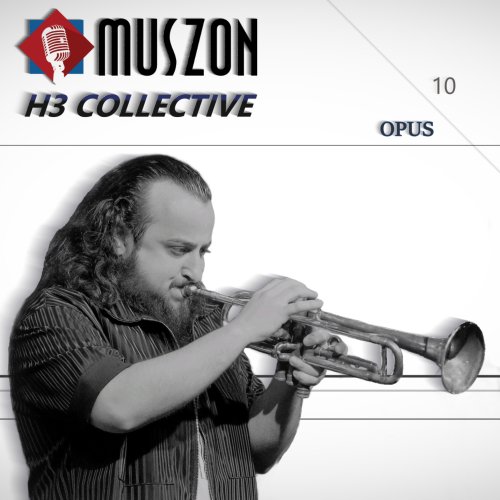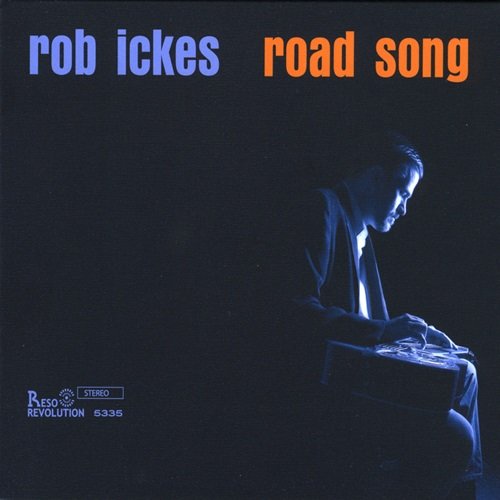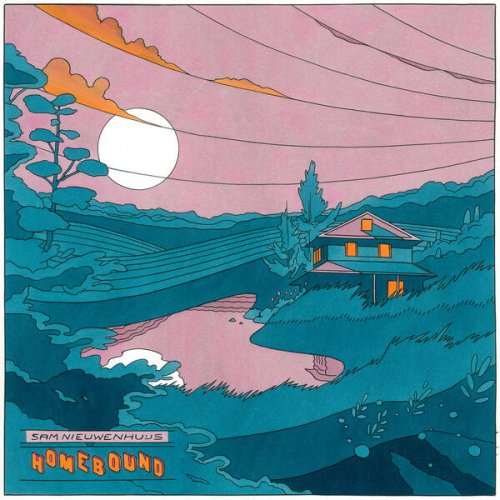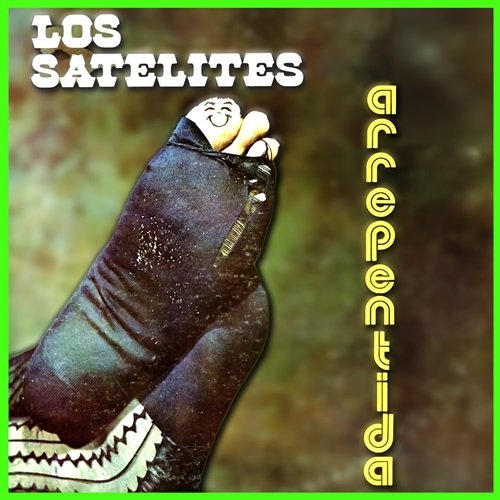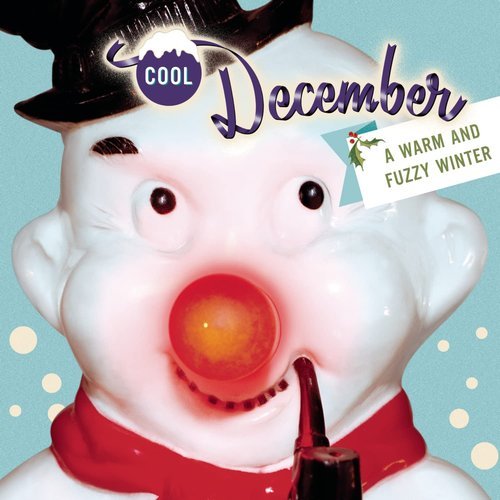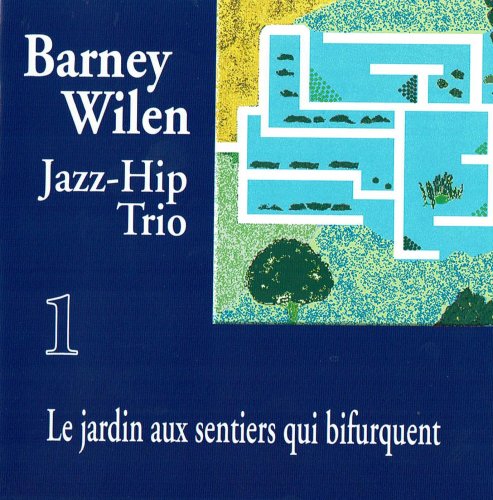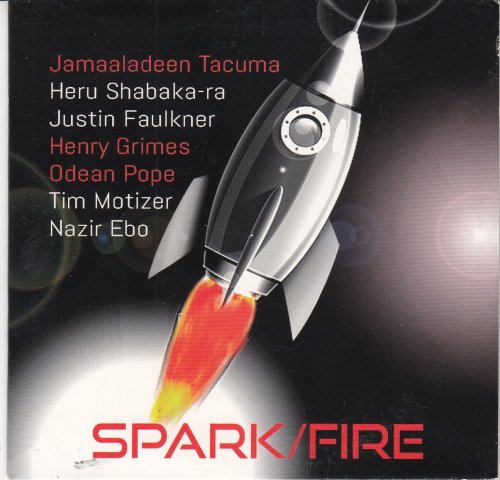La Reverdie - O tu chara sciença: La musique dans la pensée médiévale (1993)
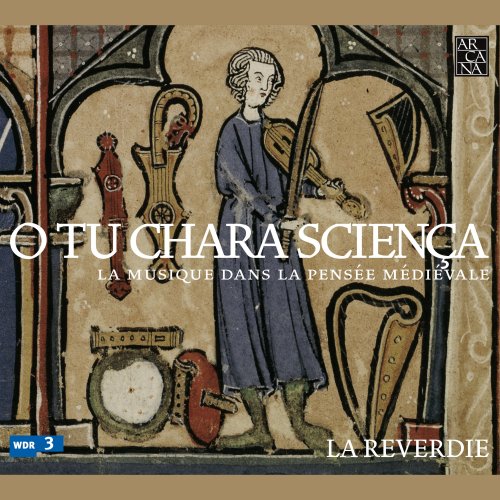
Artist: La Reverdie
Title: O tu chara sciença: La musique dans la pensée médiévale
Year Of Release: 1993
Label: Arcana
Genre: Classical
Quality: flac lossless (tracks) +Booklet
Total Time: 01:13:22
Total Size: 322 mb
WebSite: Album Preview
TracklistTitle: O tu chara sciença: La musique dans la pensée médiévale
Year Of Release: 1993
Label: Arcana
Genre: Classical
Quality: flac lossless (tracks) +Booklet
Total Time: 01:13:22
Total Size: 322 mb
WebSite: Album Preview
01. A poste messe
02. Or sus, vous dormés trop
03. De luscinia
04. Sì dolce non sonò
05. Segugi a cord’e
06. Qui vult psallere
07. Pantheon abluitur / Apollonis eclipsatur / Zodiacum signis lustrantibus
08. O tu chara sciença
09. Musica son / Già furon / Ciascun vuoli
10. Are post libamina / Nunc surgunt in populo
11. S' i', monocordo gentil
12. Non più doglie ebbe Dido
13. Chose Tassin (Arranged by D.D. Sherwin)
14. Nu sculon herigean
15. In omnem terram
16. Alleluja / Cantabant sancti
17. Laus Trinitati
18. Ysaias cecini / Tytire tu patule
19. Alma polis religio / Axe poli cum artica
20. Lo signore ringraçando
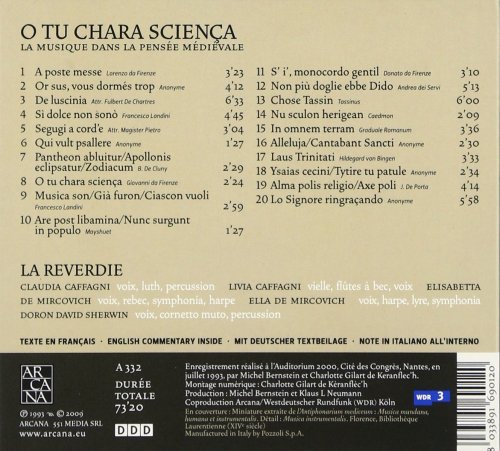
Arcana's O tu chara Sciença, featuring Italian period instrument and vocal ensemble La Reverdie, is quite simply one of the best-ever recordings of music from the thirteenth and fourteenth centuries. Firstly, the very premise of the program transmits a complete understanding of the theoretical function of music in the late middle ages; music, at least among the learned, was neither an empty entertainment offered in the court or public square, nor was it purely understood as something to hang a sacred service upon to help it turn corners more smoothly. Music was a science on a level with mathematics, astronomy, and geometry. Late medieval theorists divided it into genres completely unfamiliar to twenty first century eyes; musica mundana related to proportions to the four elements and their connection to the four seasons of the year, musica humana to the proportions of the human body and soul, musica instrumentalis to mathematical relationships in music produced by instruments, and musica terrestris, which applied a similar strategy of analysis to the human voice. Technically, all of the music on O tu chara Sciença belongs to the last category, but the disc is separated into three sections labeled musica terrestris, Ars musica, and Laudatio Dei, which consists of sacred pieces. Through covering all of these bases, La Reverdie achieves a single-disc program that is relatively complete and comprehensive in regard to the music of this time without resorting to very many big-name composers or familiar repertoire; many of the pieces included are anonymous.
Secondly, the use of period instruments in this instance is sensible, restrained, and appropriate for the era, mostly consisting of plucked stringed instruments, a single recorder, a single cornetto, and simple, tastefully employed percussion. The interpretations are whistle clean, well rehearsed, and resort little to extended improvisation, quite a feat as some of these pieces come down to us in scores that are highly compressed. Finally, the voices match superbly; when this was recorded in 1993, La Reverdie consisted of two sets of sisters and one male performer, Doron David Sherwin, who has a great deal to do with the instrumental arrangements and playing of instrumental parts; he also provides the sole male vocals heard on the album. Moreover, all of this music was recorded "live" in that there seems to be no overdubbing; La Reverdie doesn't take on any part or effect that it cannot achieve in a direct performance mode.
Arcana's O tu chara Sciença concerns itself in representing the whole era in which it is housed, rather than merely providing a survey of the known repertoire of the time; although the concept of "renaissance" in music did not emerge until about 1420, the larger cultural notion of renaissance - in art, literature, and science - had already arrived by that time, particularly in Italy. If one is interested in exploring music that forms a counterpoint with enlightened figures such as Dante, Giotto, Petrarch, Boccaccio, and the greater heritage of humanism, you can hardly do better than with La Reverdie's O tu chara Sciença.

